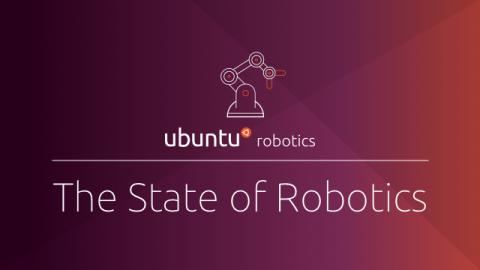Cloud-optimized Linux kernels - what makes Ubuntu the top OS across the clouds
Ubuntu is the platform of choice for deploying and running workloads on public clouds. No other operating system gives you better performance and consistency of experience across public clouds, including Amazon, Azure, Google, IBM and Oracle. There is a reason behind this exceptional experience. By design, Ubuntu images in public clouds include an optimized Linux kernel for each cloud, giving you the best performance and functionality across all instance types and services.











